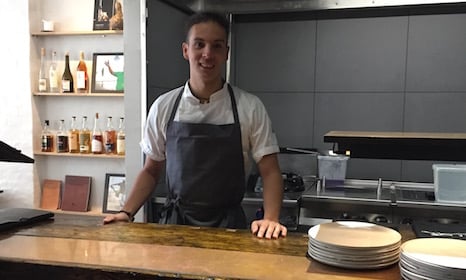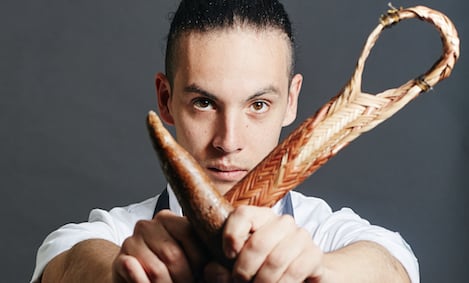
Karlos Ponte in his 'workshop'. Photo: Agustin Millan.
In the latest instalment of My Danish Career, The Local met with chef Karlos Ponte at his new restaurant, Taller. Ponte’s new venture comes after working for some of the world’s best restaurants.


Member comments